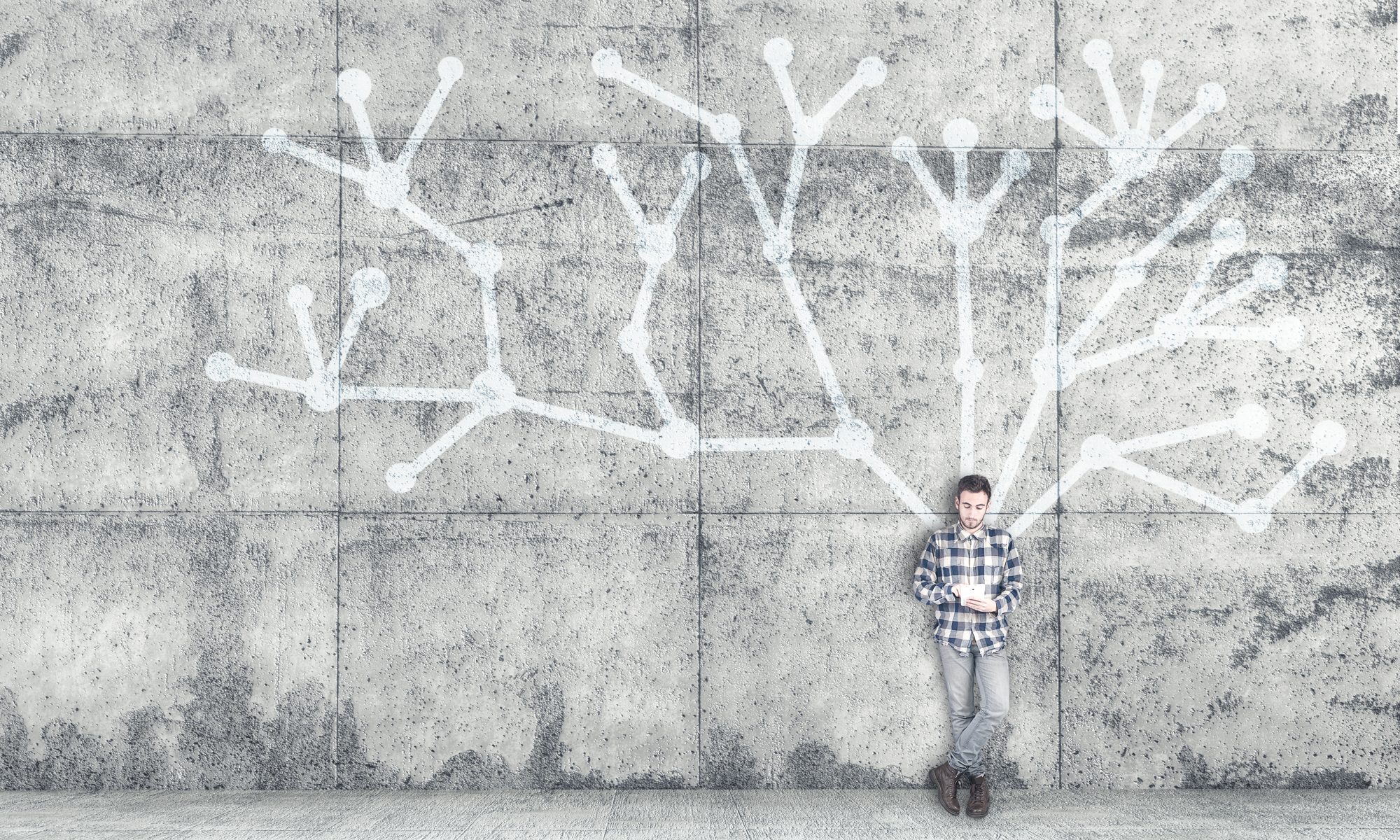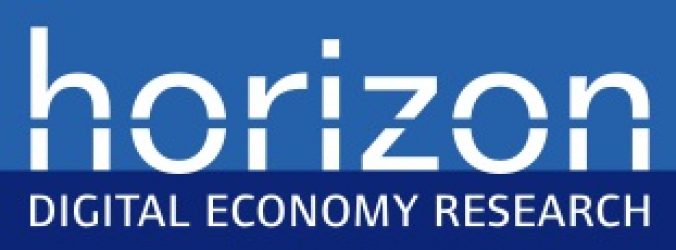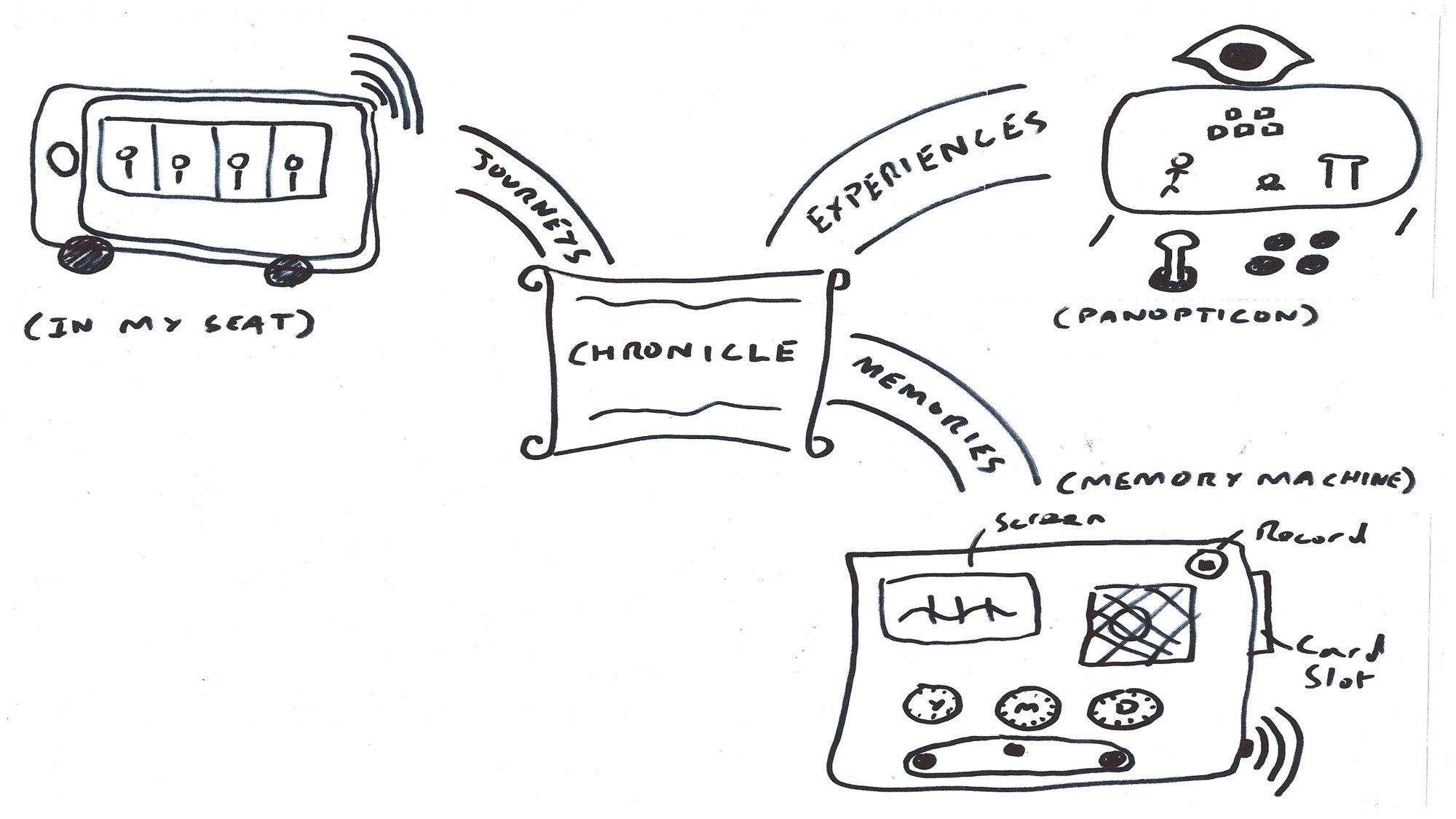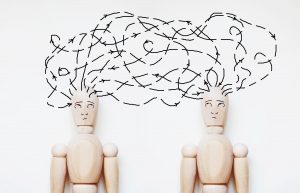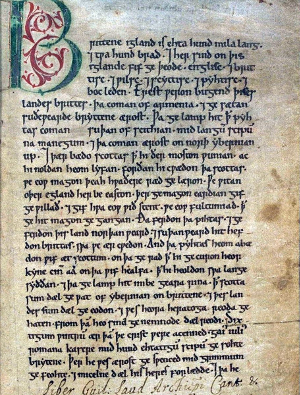When people interact with an online service, they form theories about how it is working. As part of the services campaign in Horizon, we are investigating the ways in which people commonly understand the use of personal data in products and services that are mediated by algorithms. We are doing this by examining the mental models people form about how different types of data are used within systems.
Mental models are a form of reasoning where people create internal representations of reality. They help us to interact with systems and understand how they function. Mental models represent a bridging point between our lived experience and the service as part of a wider system (consider the relationship between how warm you are at home, the physical form of a central heating system, and your interaction with a thermostat). This is useful for our study because the concepts of algorithmically-mediated services and algorithmically-generated content are highly complex and we tend to rely on metaphors to talk about what is happening. A further challenge in this area is that people are not necessarily used to articulating in detail how they think these things work and thus simply asking people directly is likely to result in a lot of shrugging and sighing! One technique that we will use instead then is to ask people to engage in a series of simple compare and contrast exercises. This process anchors what is for some a highly abstract topic and helps people identify the sorts of categorisations, concepts and understandings that they have been using if only implicitly and to generate words that can describe them. This is based on similar techniques originally adopted in psychological therapies (especially Person Construct Theory), to tease out people’s perceptions of things in their lives that they might not previously have spent much time consciously considering, but that have big effect upon decisions they make, and their feelings towards certain people and activities.
Our first study will involve ‘odd-one-out’ style sorting tasks using different types of personal data and services. First participants will individually develop a set of constructs, or keywords, to describe different types of data. Then they will work in groups to create hypothetical services based on groups of data types. In this task they will be given four data types written on cards. They will ‘throw one away’ and then suggest a data-driven service they could create using the other three cards. For example, being presented with Age, Employer, Browser History and Location, could lead to them throwing away Employer and creating a service that suggests new hobbies and days out in your local area.
We will run this workshop at least twice to gain a wide range of responses from different groups of people. Another type of workshop will be run with the groups running the other Services Campaign projects, using the data collected in the first workshop. This is in the planning stages, as is an online study asking people to rate different types of data based on the constructs from the first part of the workshops. Watch this space!
Liz Dowthwaite, Research Assistant, Horizon Digital Economy Research
